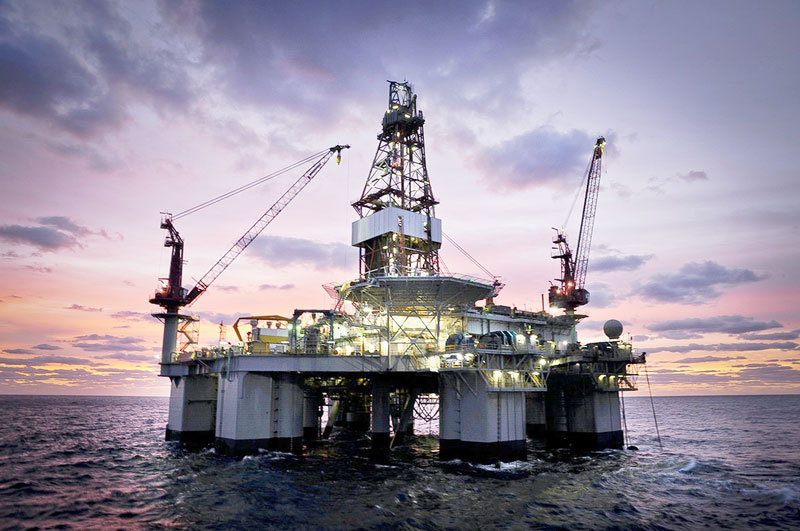4 Tips to Improve Well Integrity Management

Estimated reading time: 4 minutes

Well Integrity Management
Since 2009 to 2015, it has been estimated that poor well integrity has cost operators around the world more than US$75 billion. Factors such as the drop in oil prices and low margins are making operators sensitive to such risks. As a result, more emphasis is being placed on safety well integrity and regular maintenance.
Well integrity management plays a key role in ensuring the safety levels of wells. Well integrity is widely defined in the industry by Norsok D-010: “Application of technical, operational and organizational solutions to reduce the risk of uncontrolled release of formation fluids throughout the life cycle of a well”.
The well integrity processes adopted within the Norsok standard are usually incorporated with other internationally recognized standards to form the basis of a generally acceptable well integrity management strategy for an oil and gas operator to adopt. Essentially, there are four main stages throughout the life cycle of a well: design, construction, operations, and abandonment.
An effective and properly implemented well integrity management has significant positive impacts. These include:
- Improved HSE
- Protection of asset reputation and rights to operate
- Extended well life and increased production
- Reduced workover and intervention costs
- Improved well documentation
- Improved cross-organisational communication
- Enhanced engineering
However, wells with ineffectively managed integrity issues result in production losses, well shut-ins and expensive workovers that impact the bottom line. Industry research revealed that many wells are affected by integrity problems. Certain factors such as the age of the wells, the fluids handled and the geological and regulatory frameworks the well is operated in, affects the severity and frequency of problems. It is also common for ageing wells to operate pass their original design life, highlighting the importance of the effective management of well integrity. Major well integrity incidents highlight the need to assure well integrity to be in place within the oil and gas and petrochemical industry.
Here are 4 tips to improve well integrity management:
- Risk analysis
- Proper fit of technical solutions
- Adequate training
- Updated overview
- Risk analysis
Conduct a thorough risk analysis when planning for an operation, as this helps to identify the critical factors that can cause key well integrity issues. Failure modes, effects, and criticality analysis (FMECA) is a widely used method for system reliability assessment, and helps in the proper identification of the risks. Afterwhich, it is also important to plan on ways to mitigate the risks.
- Technical solutions
To select the best technical solutions, it helps to first define the requirements for the well barrier to ensure that the well integrity is maintained throughout the life of the well. The most common cause for leaks in the well is due to improper fit of equipment specifications. For any new solutions, it is key to have it tested and qualified to industry standards, such as the DNV-RP-A203 system. It is also key to use a Field Development Plan (FDP) to provide the best technical solution and guide for optimising the development and production of a field as it covers all activities and processes required to develop a field.
- Adequate training
Ensuring that all workers operating the well receives adequate training is key in reducing the number of operational errors and integrity issues. With proper training, workers know how to operate the different equipment safely and properly. They are also able to make correct decisions on any aspects of well integrity, and ensuring that the procedures are done accordingly to standards.
- Updated overview
Having a clear, visual overview of all the leak pathways and barriers in place helps in the effective management of well integrity. It is also important to keep this overview updated with the latest changes and keep it as accurate as possible.
Also read: A Timeline of Major Well Integrity Incidents
Managing Well integrity through Design, Verification & Repairs is a 3-day training course held from 2 – 4 December 2019 (Kuala Lumpur). The Master Class combines several engineering disciplines involved in the design, construction, operation and maintenance of wells and their interaction on assuring well integrity. It illustrates the large extent and involvement of various disciplines in the organization and its effects on well integrity. The knowledge and skills to design and make critical decisions on observed WI envelope breaches throughout well life cycle is vital, not only for WIM purpose as well as to increase ultimate recovery of the reservoir. The ultimate objective is to optimize productivity at lowest Unit Operating Cost (UOC) and to maintain mechanical integrity throughout well life cycle.
 |
